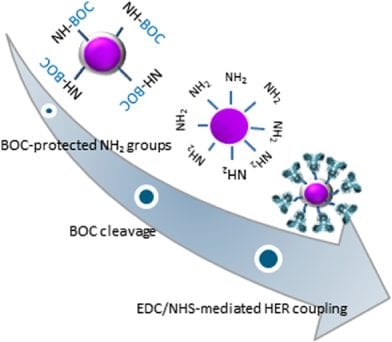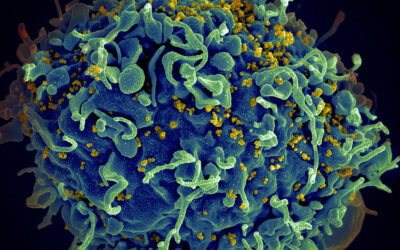
Nanomedicine is constantly researching potential biomedical methods for effective cancer treatments. A plethora of biodegradable biopolymers have been thoroughly studied in recent years, in an attempt to discover a promising drug-delivery method that will specifically target tumor cells.
Since being introduced as implantable biomaterials in 1967, polyurethanes have been well established as biocompatible drug delivery systems. In a recent article published in Polymer International, Clara Mattu, Politecnico di Torino, Italy, and colleagues, have introduced a novel method for preparing surface amino-functionalized and biodegradable polyurethane nanoparticles that will actively recognize cancer cells.
The proposed polyurethanes, unlike traditional polyesters, have a different hydrophilic/hydrophobic balance to prepare immune-nanocarriers. This novel method suggests that the surface functionalization of polyurethane nanoparticles, based on surface exposure of inserted functional groups followed by covalent coupling of biomolecules, may be suitable for the preparation of nanoparticles for active recognition of target cancerous cells.

















